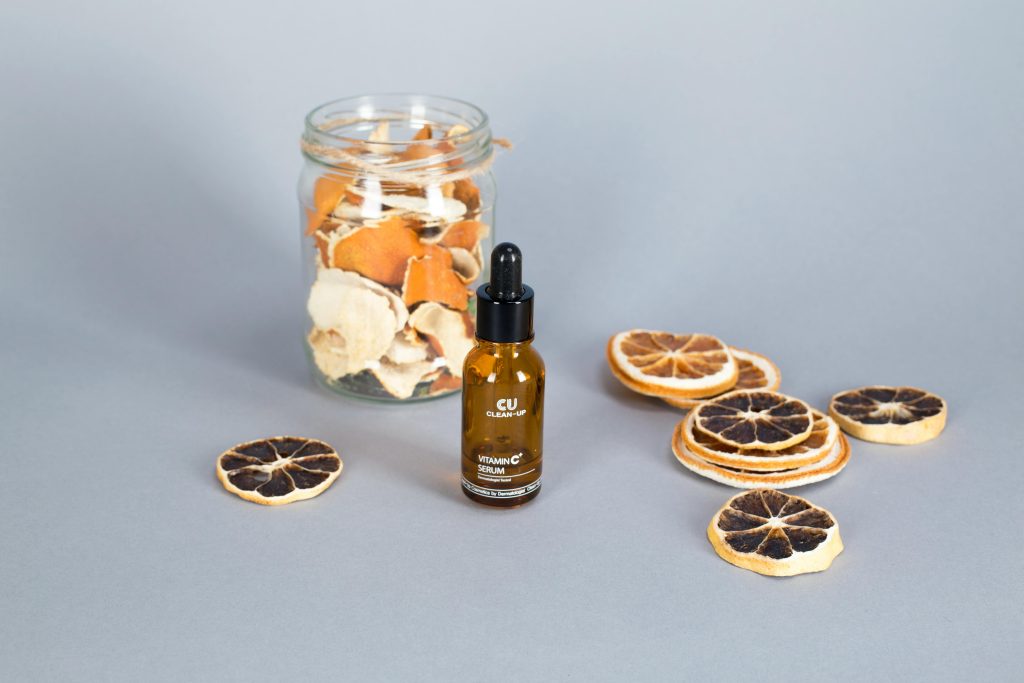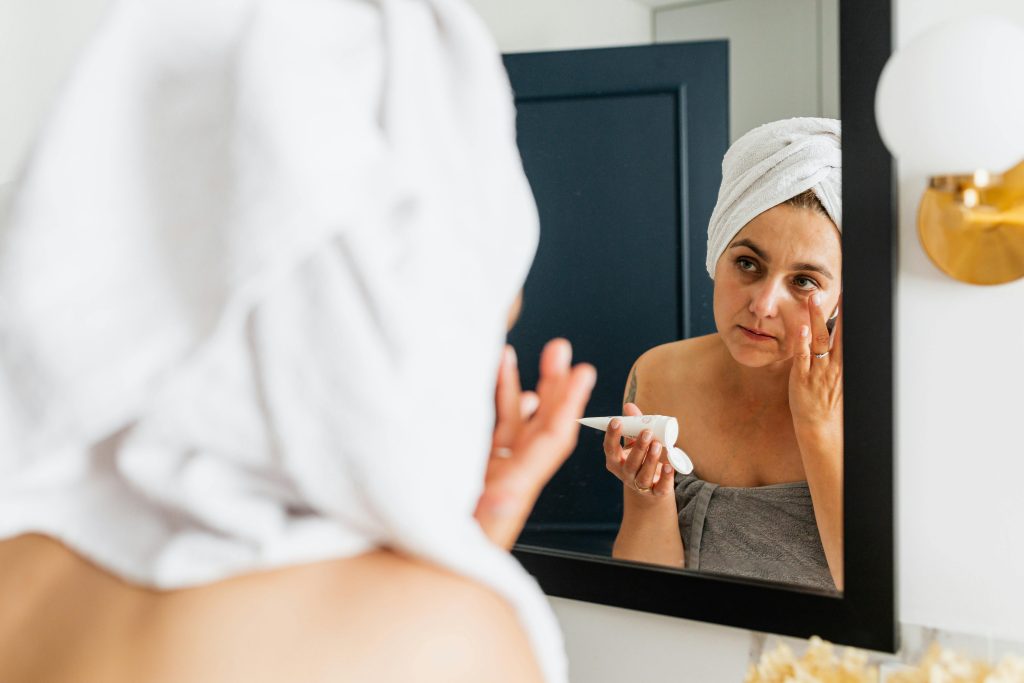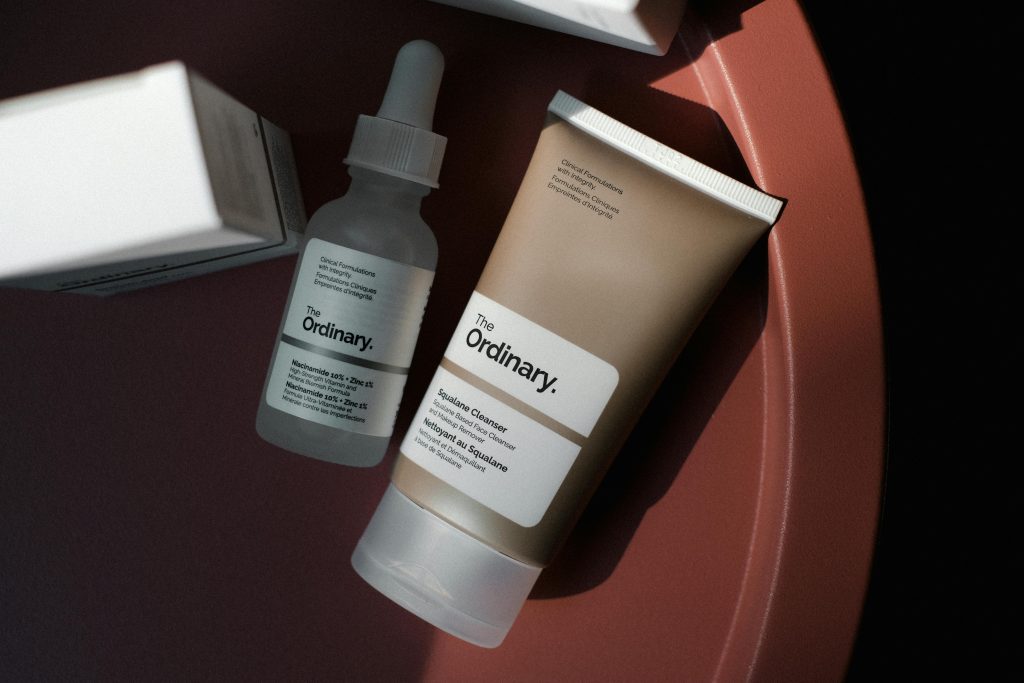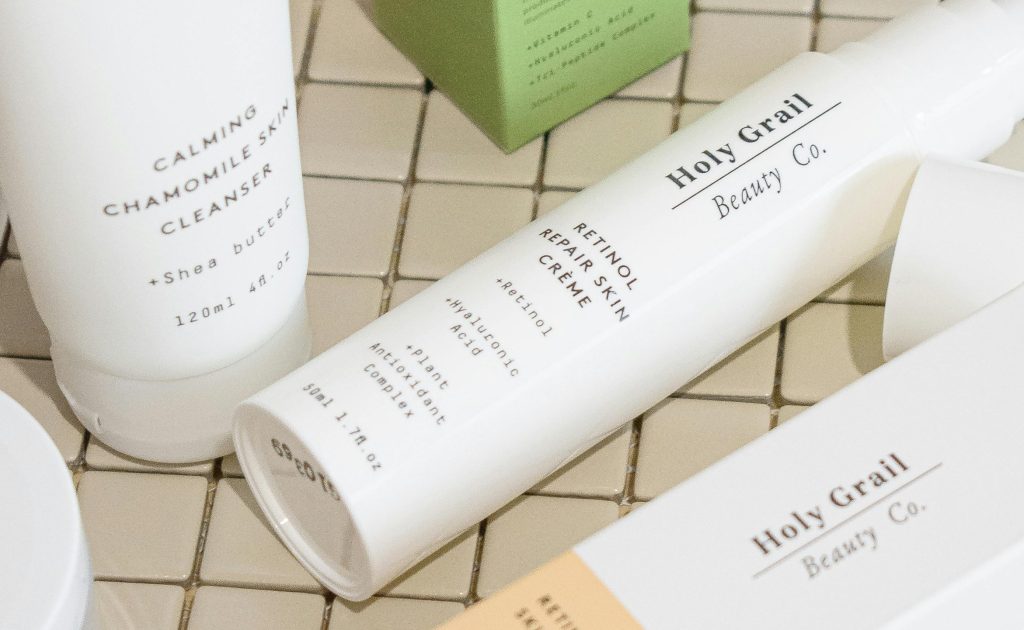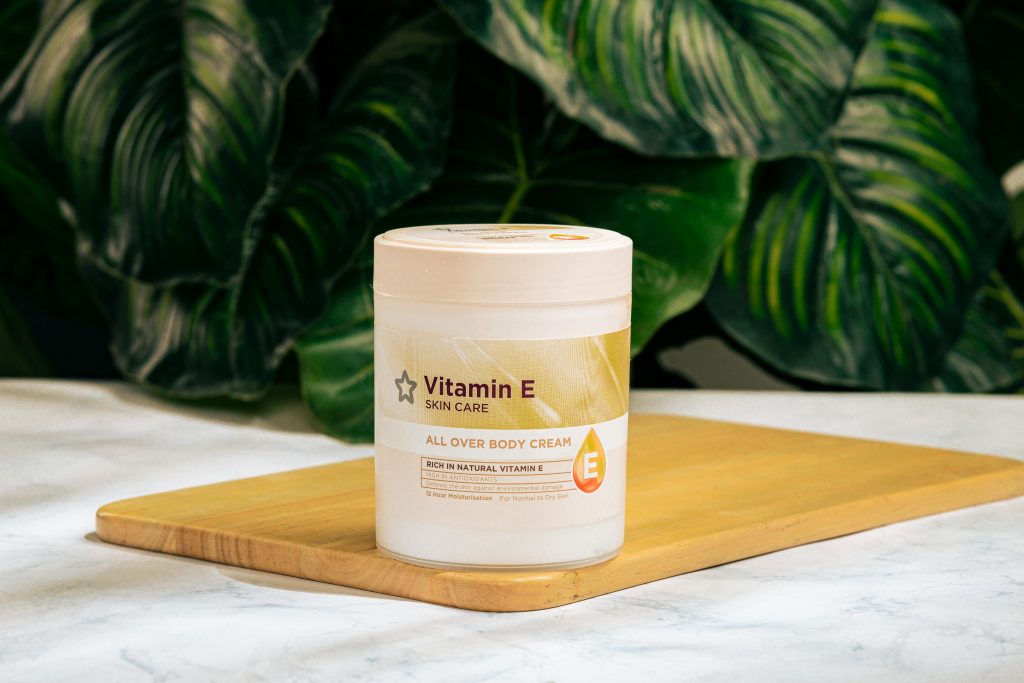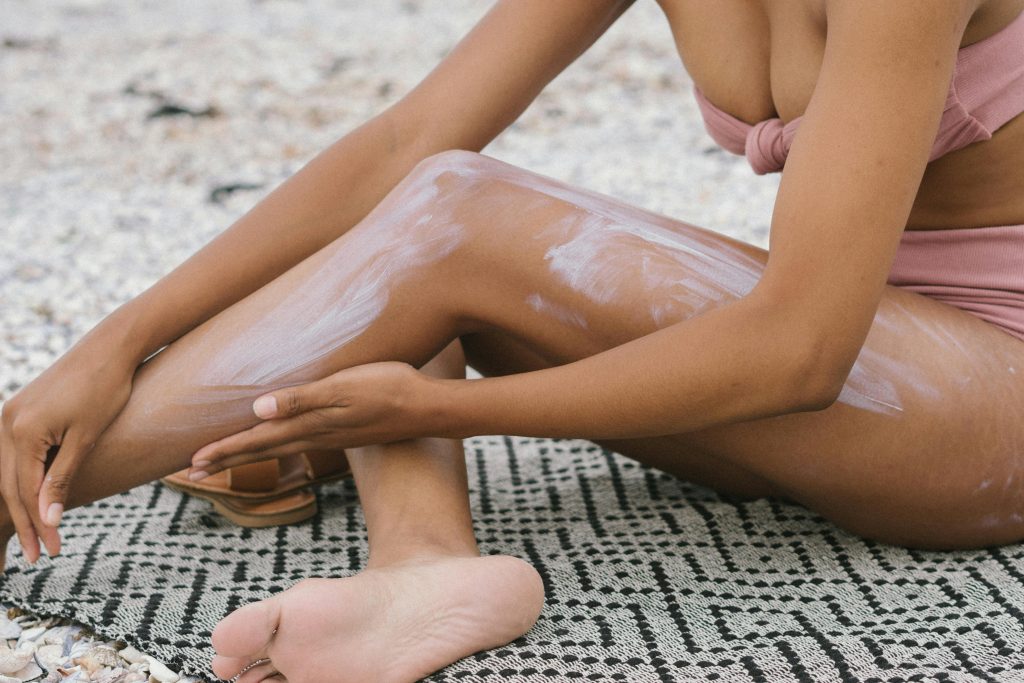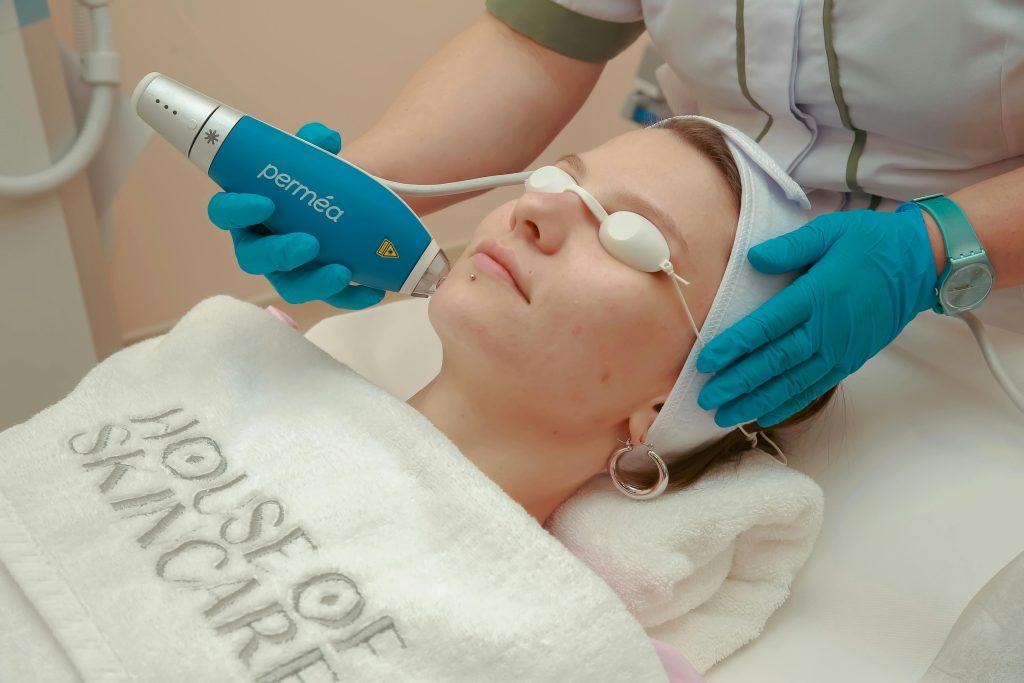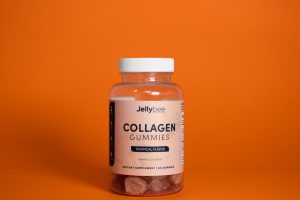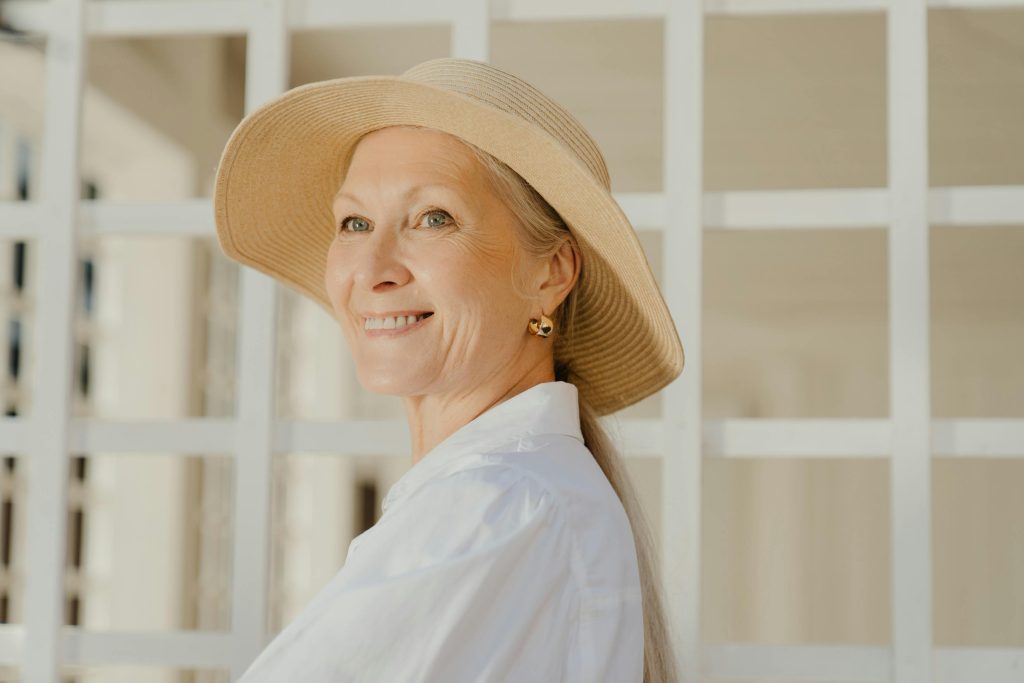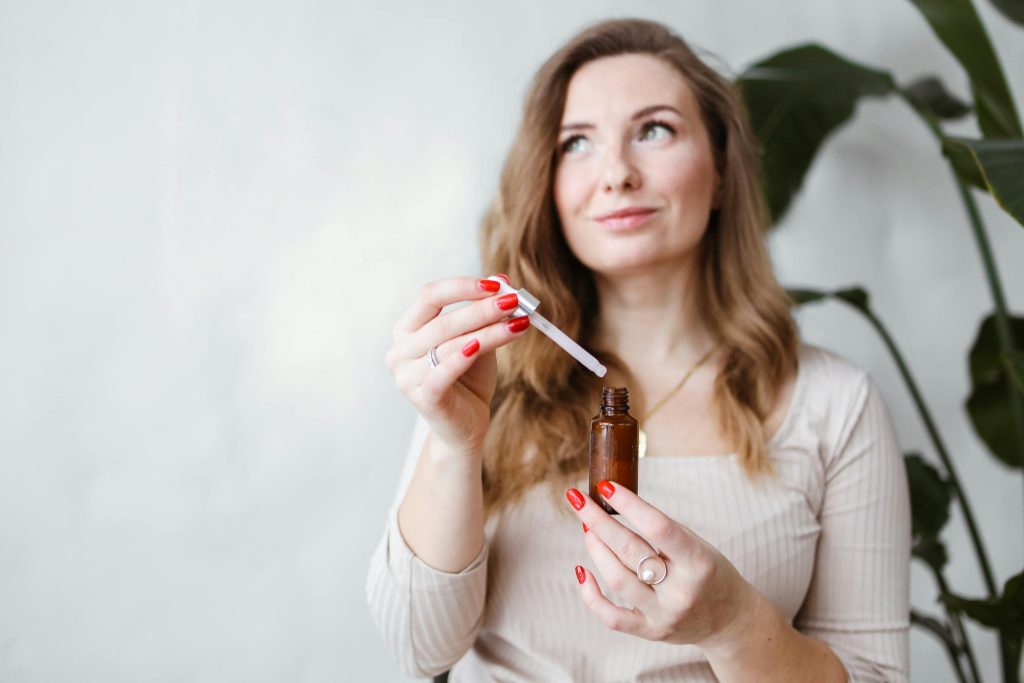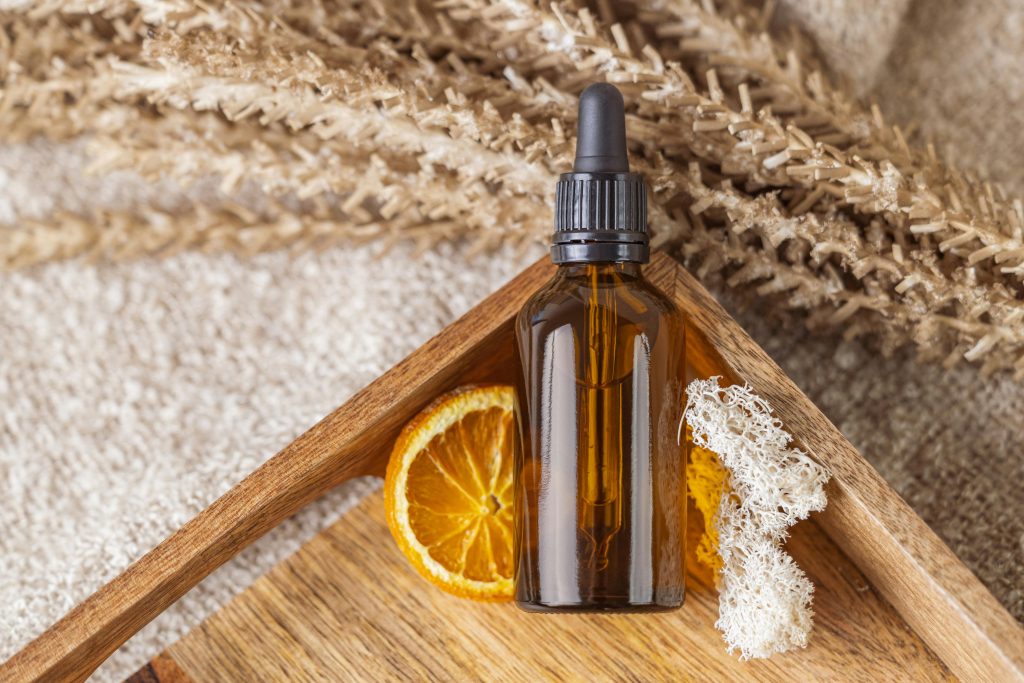
The Science of Anti-Aging: What Works & What Doesn’t
Aging is inevitable, but that doesn’t mean we can’t slow down its visible effects.
With countless anti-aging products on the market, it’s crucial to understand what truly works and what doesn’t.
This ultimate guide will break down the science of anti-aging, separating evidence-based treatments from myths and misconceptions.
Understanding Skin Aging
Aging affects the skin in various ways, including:
- Loss of collagen and elastin: Leads to sagging and wrinkles.
- Reduced moisture retention: Causes dryness and dullness.
- Cellular damage from free radicals: Contributes to fine lines and pigmentation.
- Decreased cell turnover: Results in rough, uneven skin texture.
Intrinsic vs. Extrinsic Aging
Intrinsic Aging: Natural, genetic, and unavoidable.
Extrinsic Aging: Caused by external factors like UV exposure, pollution, and lifestyle choices.
Minimizing extrinsic aging through the right skincare can significantly slow the visible signs of aging.
Proven Anti-Aging Treatments: What Works
1. Retinoids (Retinol, Tretinoin)
🔷 How They Work: Stimulate collagen production and increase cell turnover.
🔷 Benefits: Reduce fine lines, pigmentation, and acne.
🔷 Scientific Backing: Numerous studies confirm their effectiveness in reducing wrinkles and improving skin texture.
🔷 Best For: Fine lines, uneven texture, acne-prone skin.
🔷 Usage Tips: Start with low concentrations to minimize irritation.
2. Sunscreen (SPF 30 or Higher)
🔷 How It Works: Protects skin from harmful UVA and UVB rays.
🔷 Benefits: Prevents sun damage, premature aging, and skin cancer.
🔷 Scientific Backing: Daily sunscreen use can reduce photoaging by up to 24%.
🔷 Best For: All skin types and ages.
🔷 Usage Tips: Reapply every two hours when outdoors.
3. Antioxidants (Vitamin C, E, and Ferulic Acid)
🔷 How They Work: Neutralize free radicals that cause oxidative stress.
🔷 Benefits: Brighten skin tone, reduce dark spots and support collagen production.
🔷 Scientific Backing: Clinical trials show that antioxidants can reduce signs of aging and enhance sun protection.
🔷 Best For: Dull, pigmented, or sun-exposed skin.
🔷 Usage Tips: Use in the morning under sunscreen.
4. Hyaluronic Acid
🔷 How It Works: Binds moisture to the skin, providing deep hydration.
🔷 Benefits: Plumps fine lines and gives a youthful glow.
🔷 Scientific Backing: Proven to increase skin moisture and elasticity.
🔷 Best For: Dry, dehydrated, or mature skin.
🔷 Usage Tips: Apply on damp skin for maximum absorption.
5. Peptides
🔷 How They Work: Signal the skin to produce more collagen and elastin.
🔷 Benefits: Improve firmness and reduce fine lines.
🔷 Scientific Backing: Some studies indicate improved skin elasticity and reduced wrinkles.
🔷 Best For: Aging or sagging skin.
🔷 Usage Tips: Combine with moisturizers for enhanced effects.
Anti-Aging Treatments That Don’t Work (or Are Overhyped)
1. Collagen Supplements
🔷 The Claim: Boosts collagen production from within.
🔷 Reality: While some studies suggest minor improvements, most collagen is broken down during digestion.
🔷 Alternative: Topical retinoids and peptides are more reliable for stimulating collagen.
2. Jade Rollers and Facial Massagers
🔷 The Claim: Reduce puffiness and boost circulation.
🔷 Reality: Temporary effects; no long-term impact on aging.
🔷 Alternative: Regular facial exercises and skincare routines.
3. At-Home Light Therapy Devices
🔷 The Claim: Stimulate collagen and reduce wrinkles.
🔷 Reality: Professional devices are far more effective than at-home versions.
🔷 Alternative: Visit a licensed dermatologist for LED treatments.
Read more about Red Light Therapy.
Lifestyle Changes That Support Anti-Aging
🔹 Healthy Diet
Rich in antioxidants (berries, leafy greens) and healthy fats (avocados, nuts).
Hydration is crucial for maintaining skin elasticity.
🔹 Quality Sleep
Poor sleep increases cortisol, leading to collagen breakdown.
Aim for 7–9 hours per night to support skin repair.
🔹Stress Management
Chronic stress elevates cortisol, accelerating aging.
Practices like meditation and exercise can help reduce stress levels.
🔹 Avoiding Smoking and Excessive Alcohol
Both can dehydrate the skin and break down collagen fibers.
Quitting smoking and limiting alcohol intake can significantly improve skin appearance.
Myths About Anti-Aging
🔹 Myth 1: Expensive Products Work Better
Price doesn’t always equate to efficacy. Look for scientifically backed ingredients rather than flashy marketing.
🔹 Myth 2: You Don’t Need Sunscreen Indoors
UVA rays can penetrate windows, so daily sunscreen is a must.
🔹 Myth 3: Natural Ingredients Are Always Better
While some natural ingredients are beneficial, others can cause irritation or allergic reactions.
FAQ: The Science of Anti-Aging
1. What is the most effective anti-aging ingredient?
Retinoids are considered the gold standard due to their proven ability to reduce wrinkles and improve texture.
2. Can diet really slow down skin aging?
Yes, a diet high in antioxidants and healthy fats can support skin health and slow the aging process.
3. Are natural anti-aging products effective?
Some natural ingredients, like aloe vera and green tea, have antioxidant properties, but not all natural products are effective.
4. Is it ever too late to start anti-aging treatments?
It’s never too late. While starting early yields the best results, even mature skin can benefit from the right treatments.
5. Can exercise improve skin aging?
Regular exercise increases blood flow, which delivers oxygen and nutrients to the skin, promoting a healthy glow.
Conclusion
Navigating the world of anti-aging can be overwhelming, but understanding the science behind treatments helps you make informed choices.
Focus on proven ingredients like retinoids, sunscreen, antioxidants, and hyaluronic acid while making lifestyle changes to support your skin’s health.
Investing in evidence-based skincare and professional advice will give you the best chance of maintaining youthful, radiant skin as you age.

